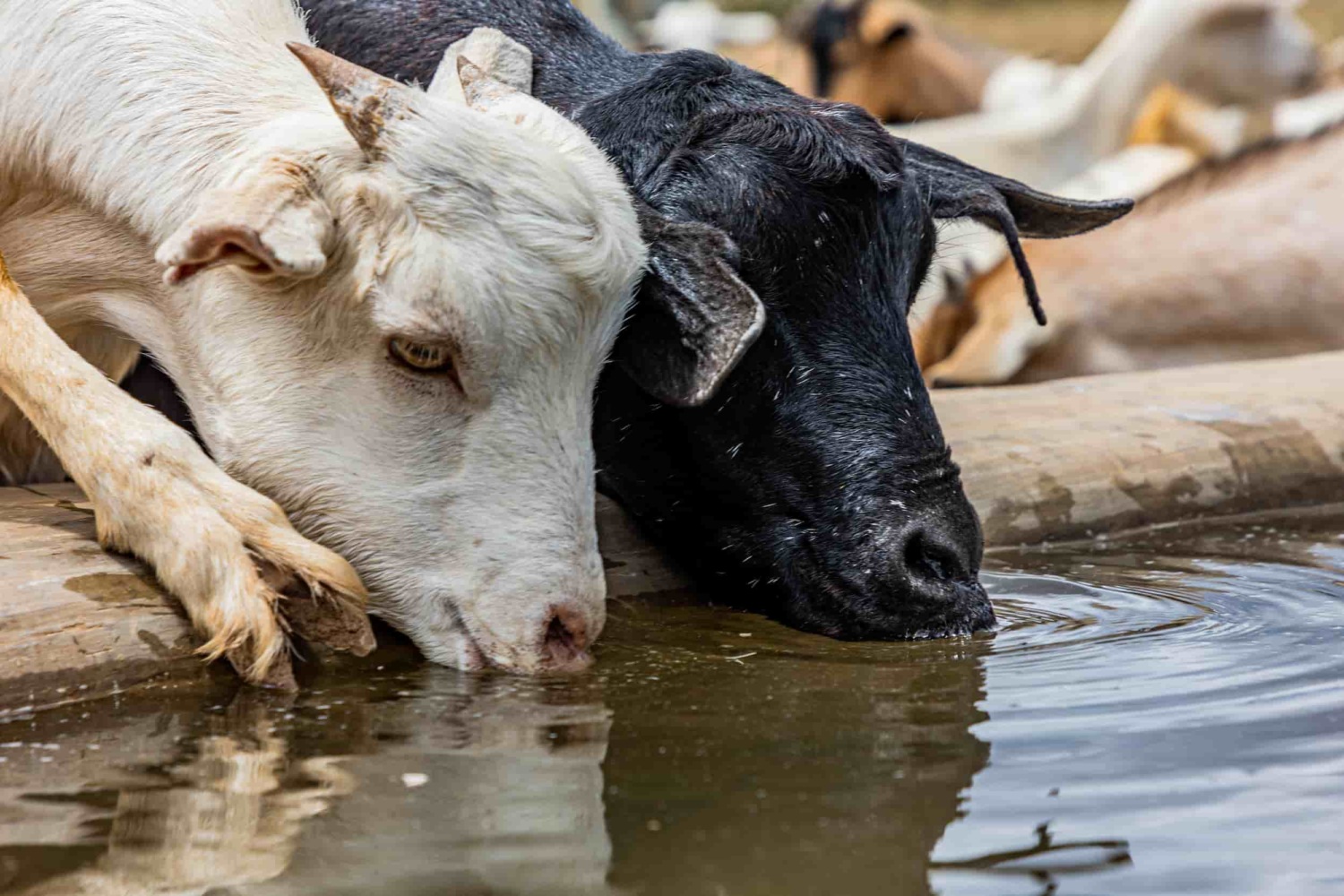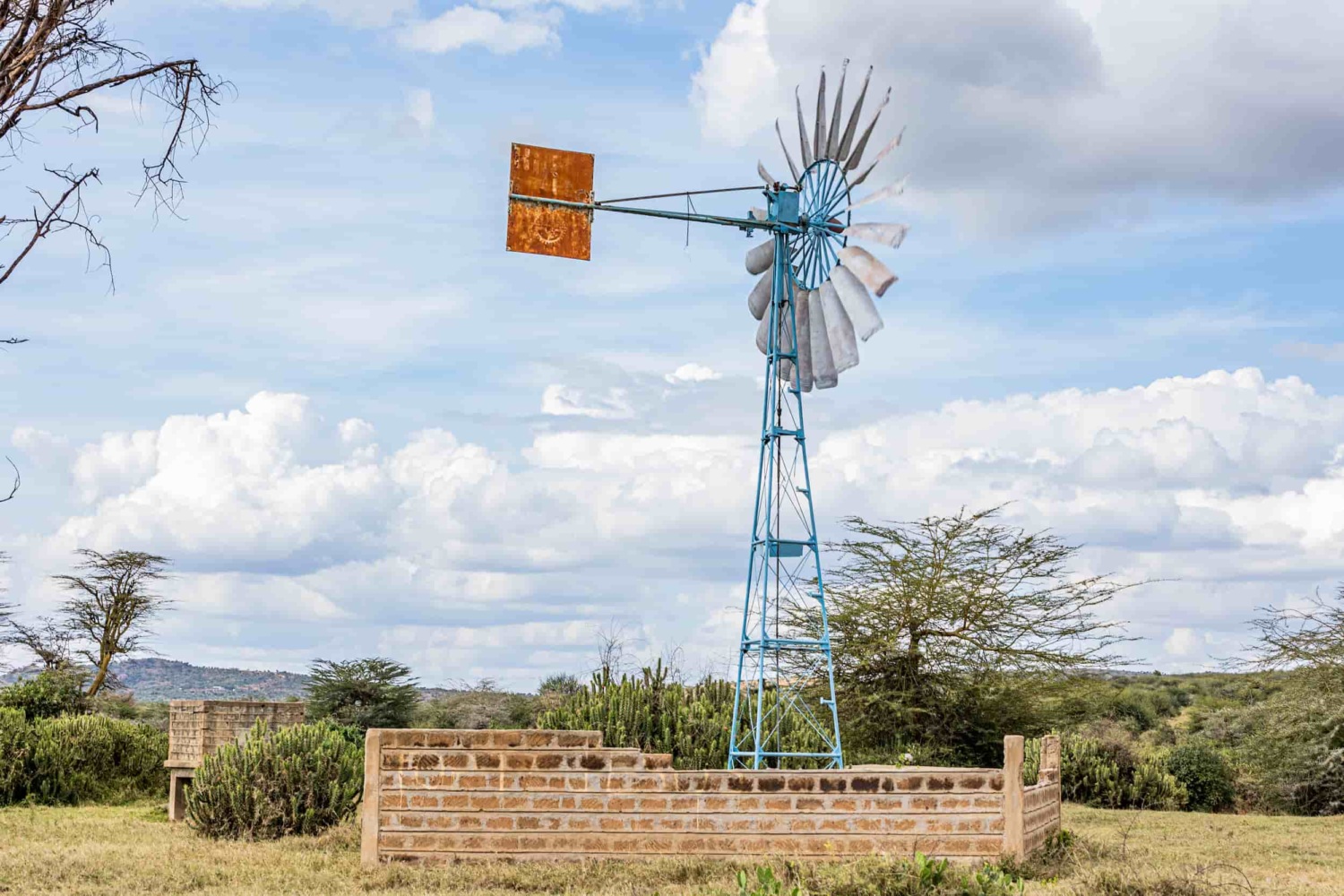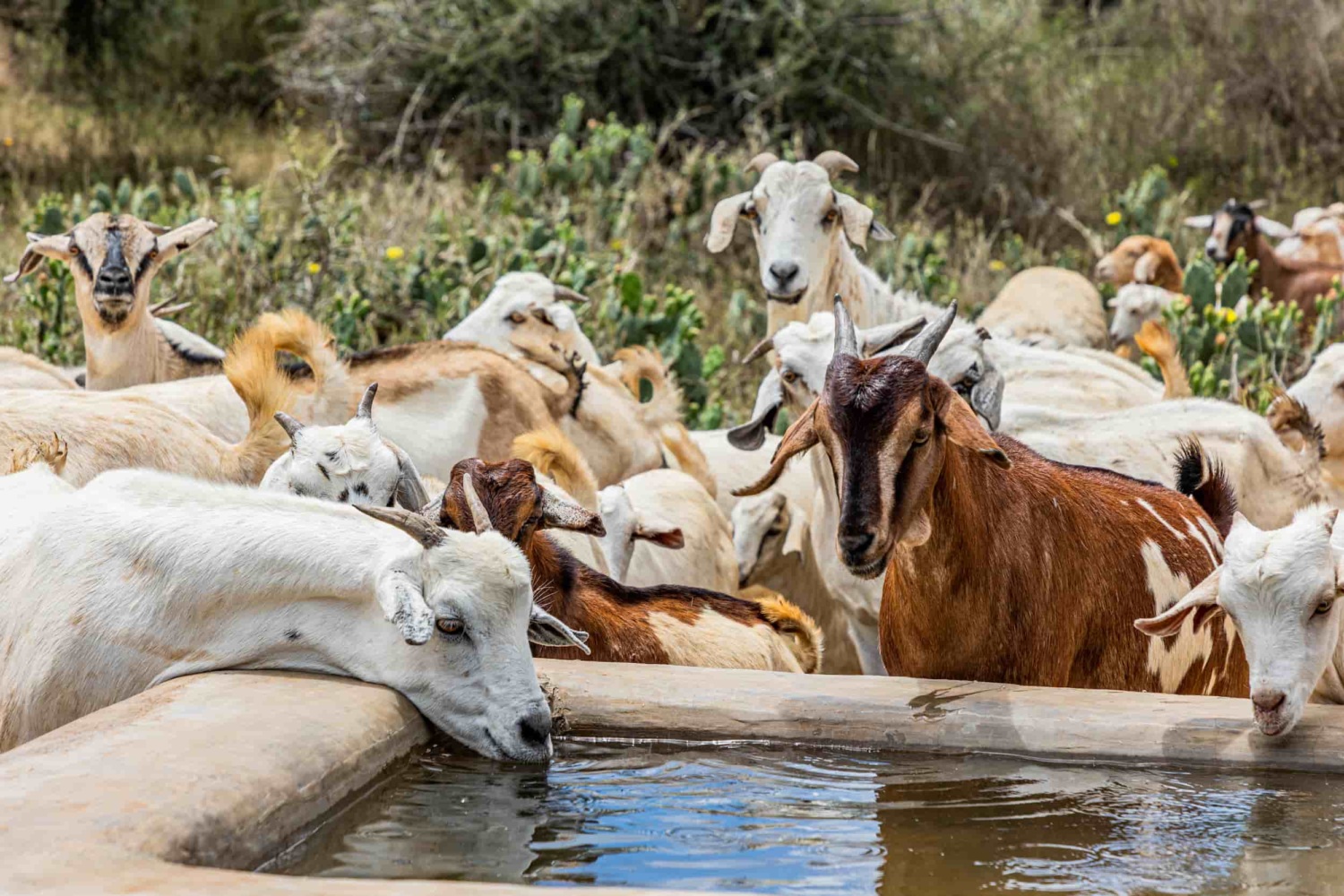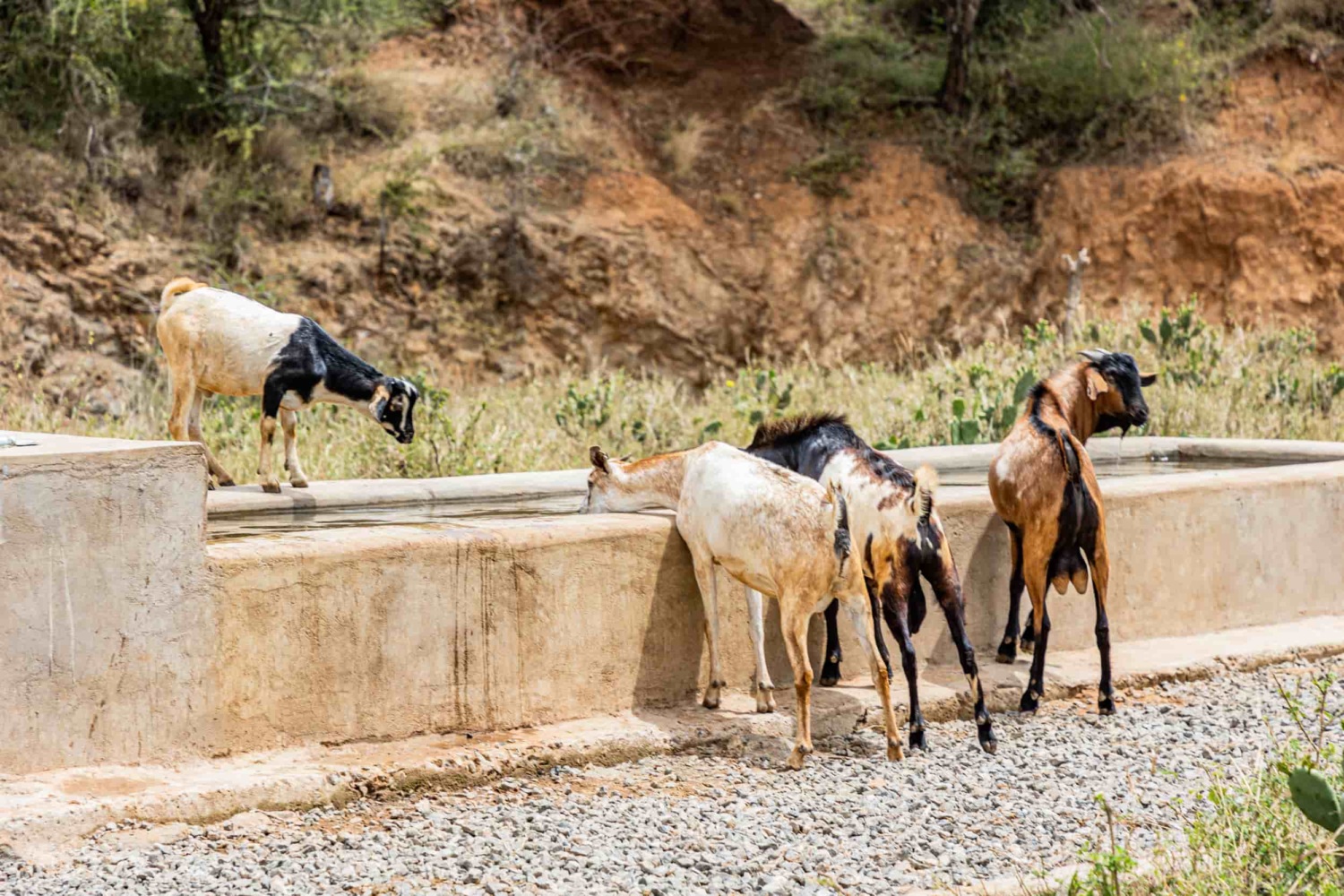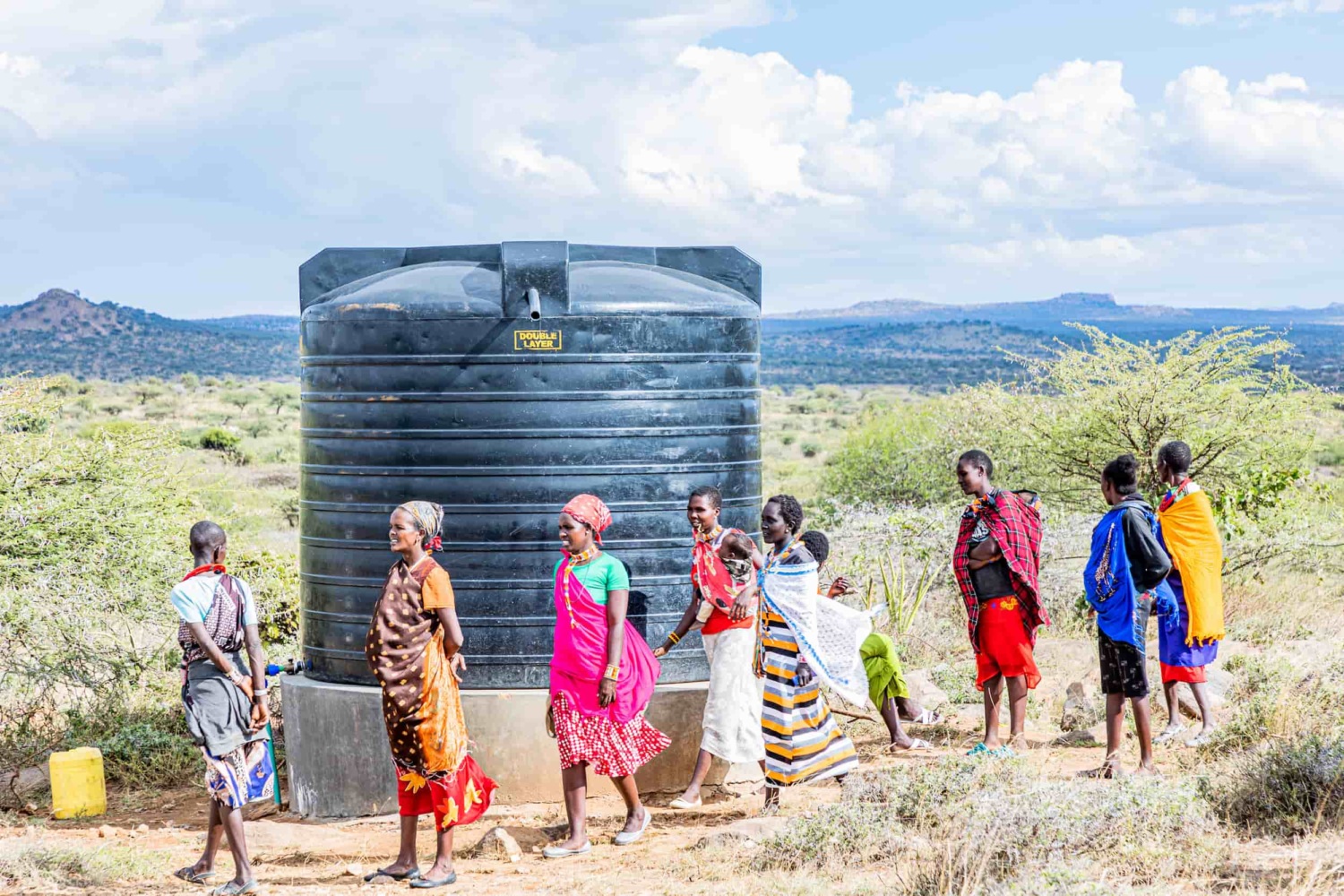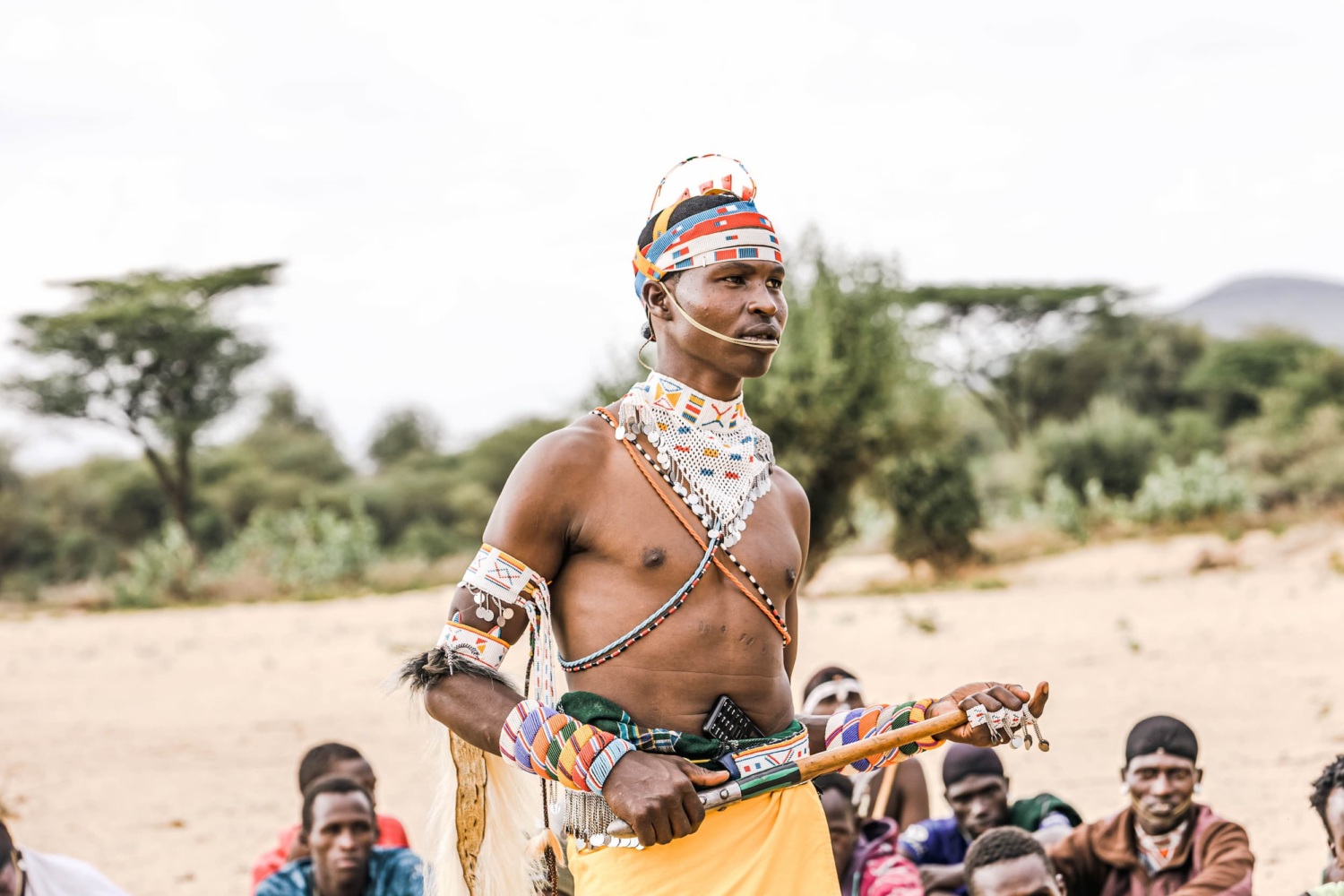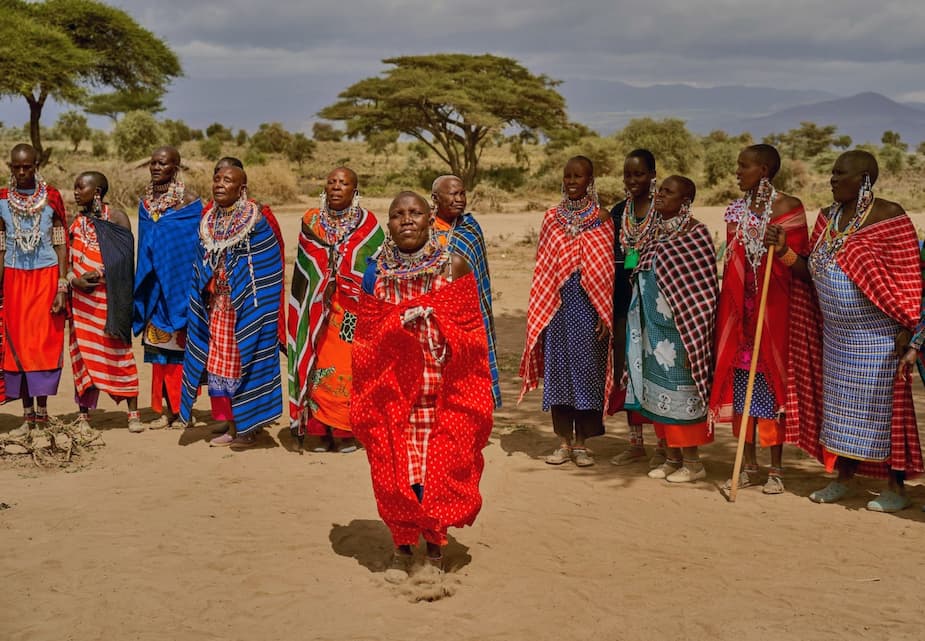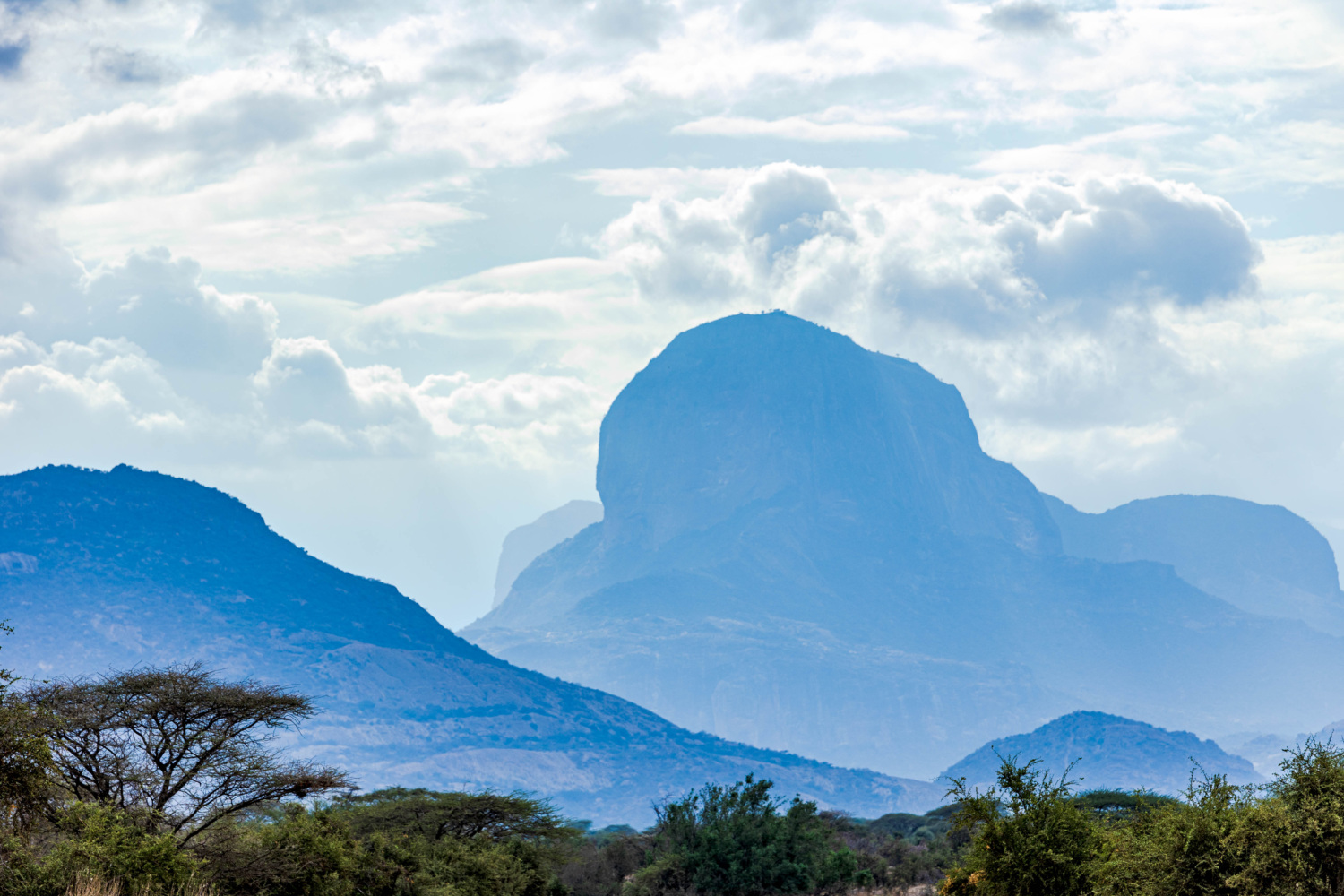Alongside this runs the critical importance of water.
Access to water is interconnected with land rights, Indigenous traditional knowledge and biocultural resource mapping, and rangeland restoration.
In the United States, “Mní wičhóni” (“Water is life”) became the protest anthem from Standing Rock that was heard around the world. Yet this phrase has deep spiritual meaning grounded in Indigenous world views across the planet, including the belief that water is sacred.
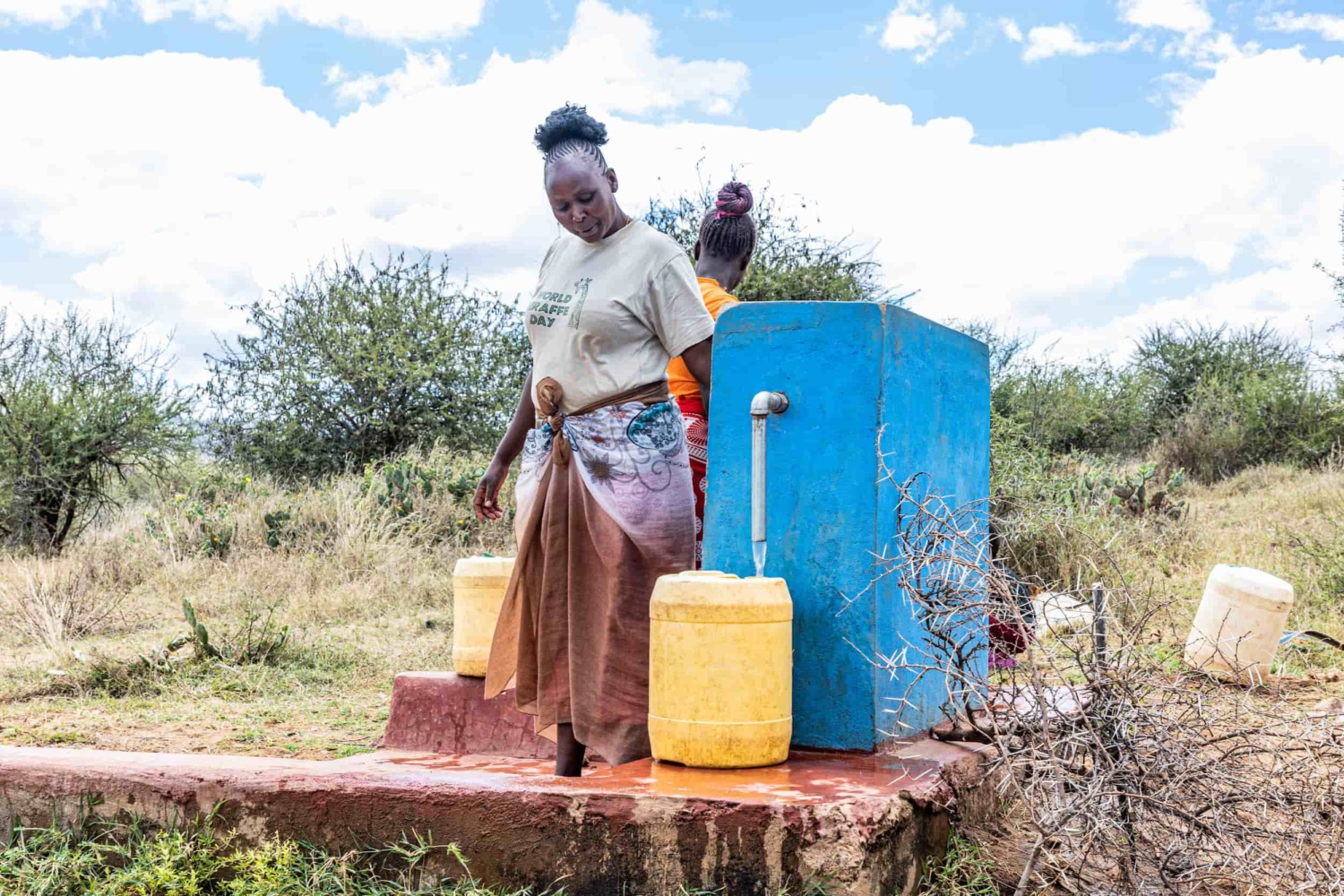
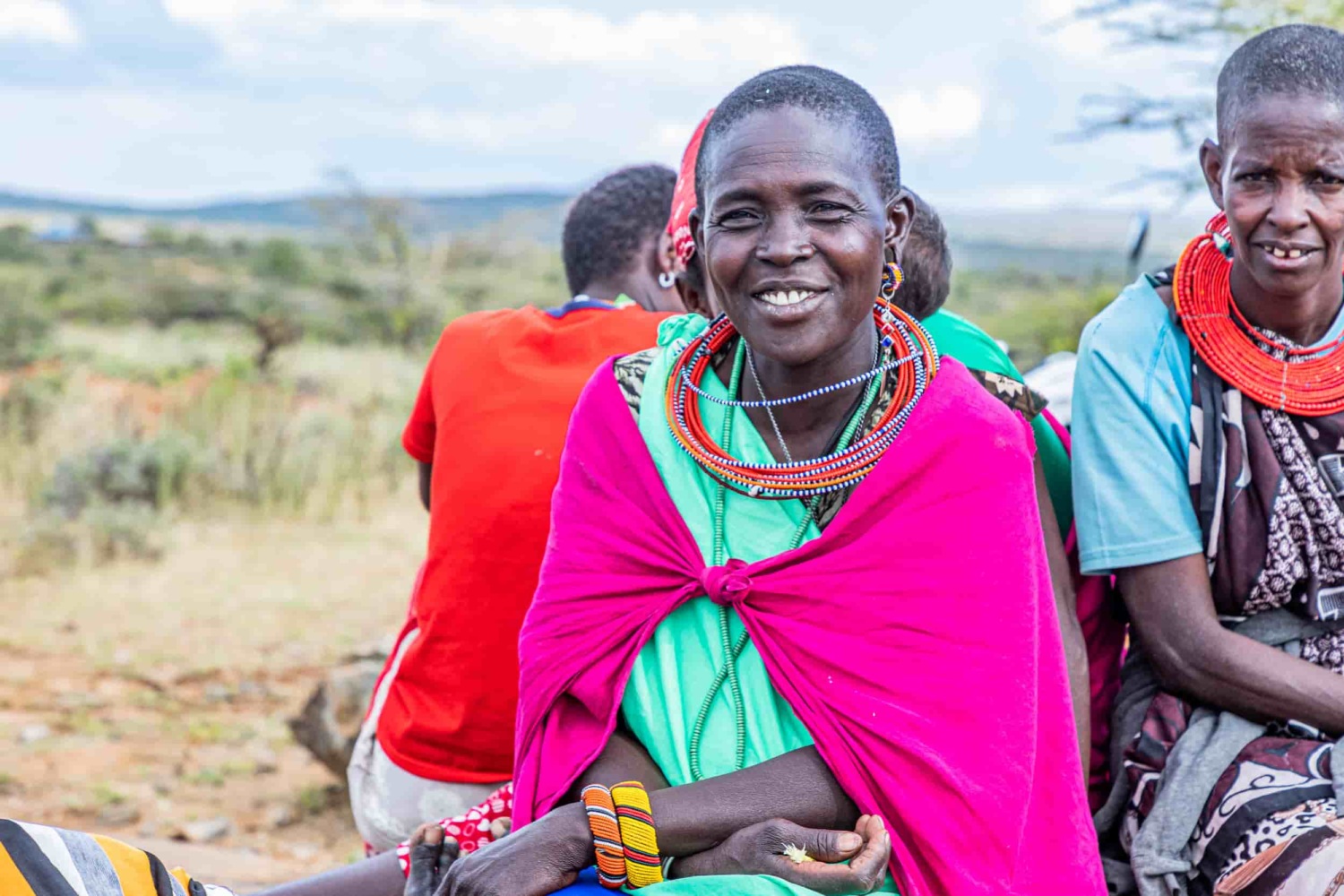
IMPACT, one of Home Planet Fund’s partners in East Africa, has been prioritizing water projects for decades.
One of their key areas of focus for this is water resource management, where IMPACT works to support community-led initiatives for sustainable water use and management across crucial catchment areas.
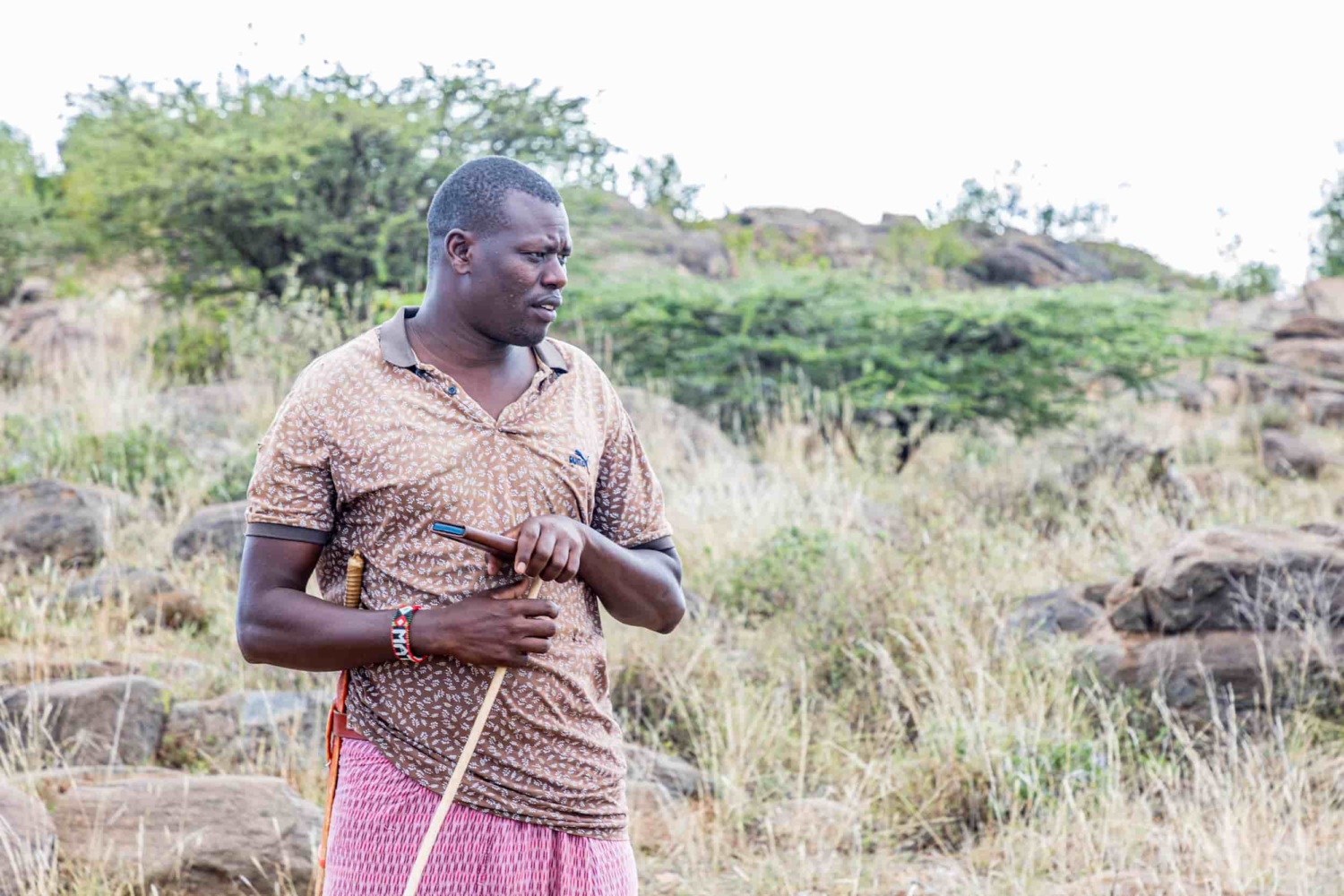
Naiptari Mathew is the conservancy chair of the largest and most populated community land in his area.
“We depend on the goats and camels you see here for our economy,” he explained as livestock grazed on the slopes of the hill where he stood. “This area being so dry we tried other organizations, and our government, which is required to help us.”
But none of those efforts bore fruit.
That is when IMPACT stepped in.
As a result of a direct community financing project, money was given directly to the community who used it to pipe water seven kilometers to a newly installed tank, with the project being completed in August 2024.
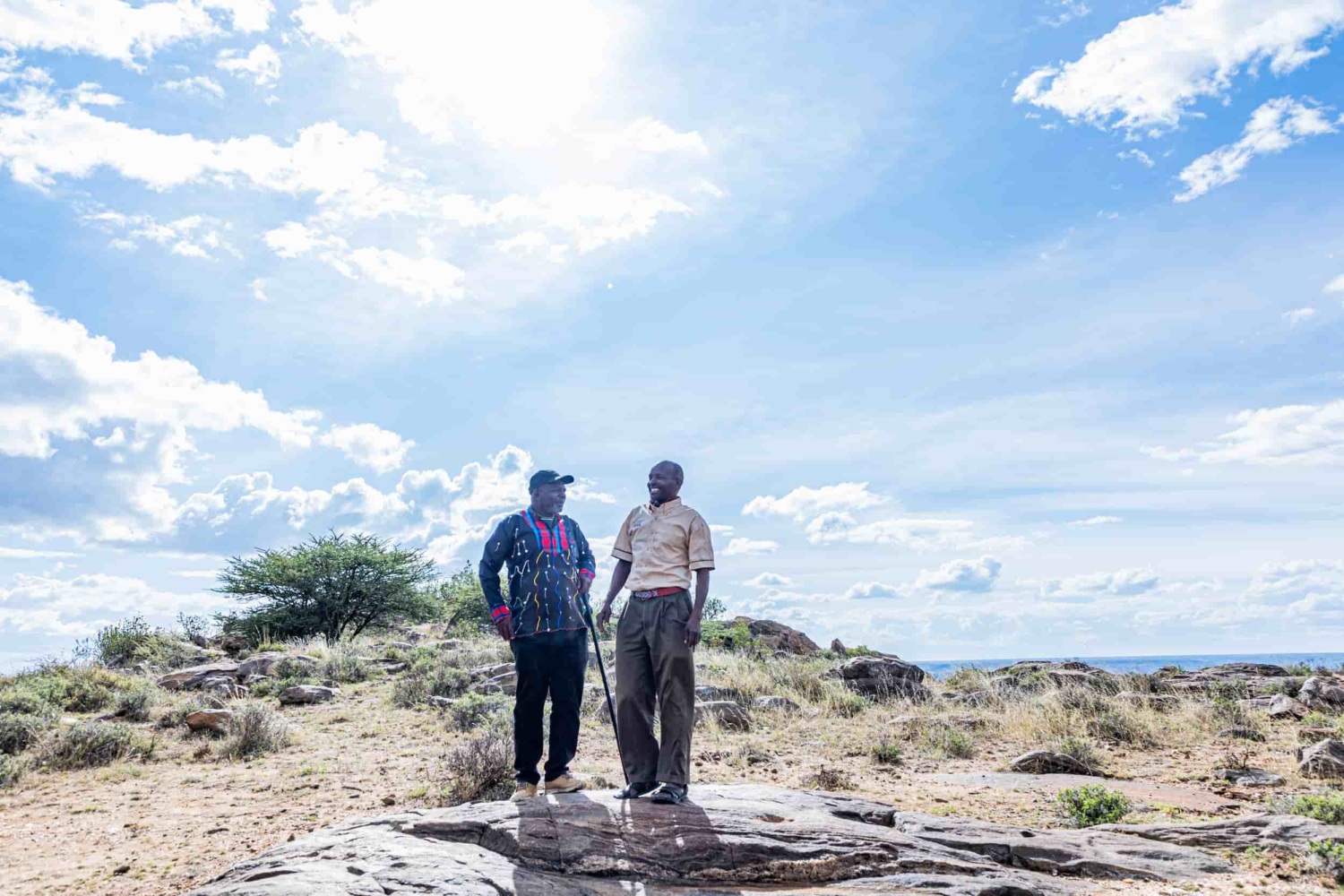
Thomas Naiptari, the chair of the community land in the area where he lives, worked with IMPACT’s Director, Malih Ole Kaunga, to install several kilometers of piping from a borehole to improve water access for his community.
This water feeds into a large tank on top of a hill, which then provides water to a school three kilometers away, in addition to providing water to another nearby community of 1,500 people.
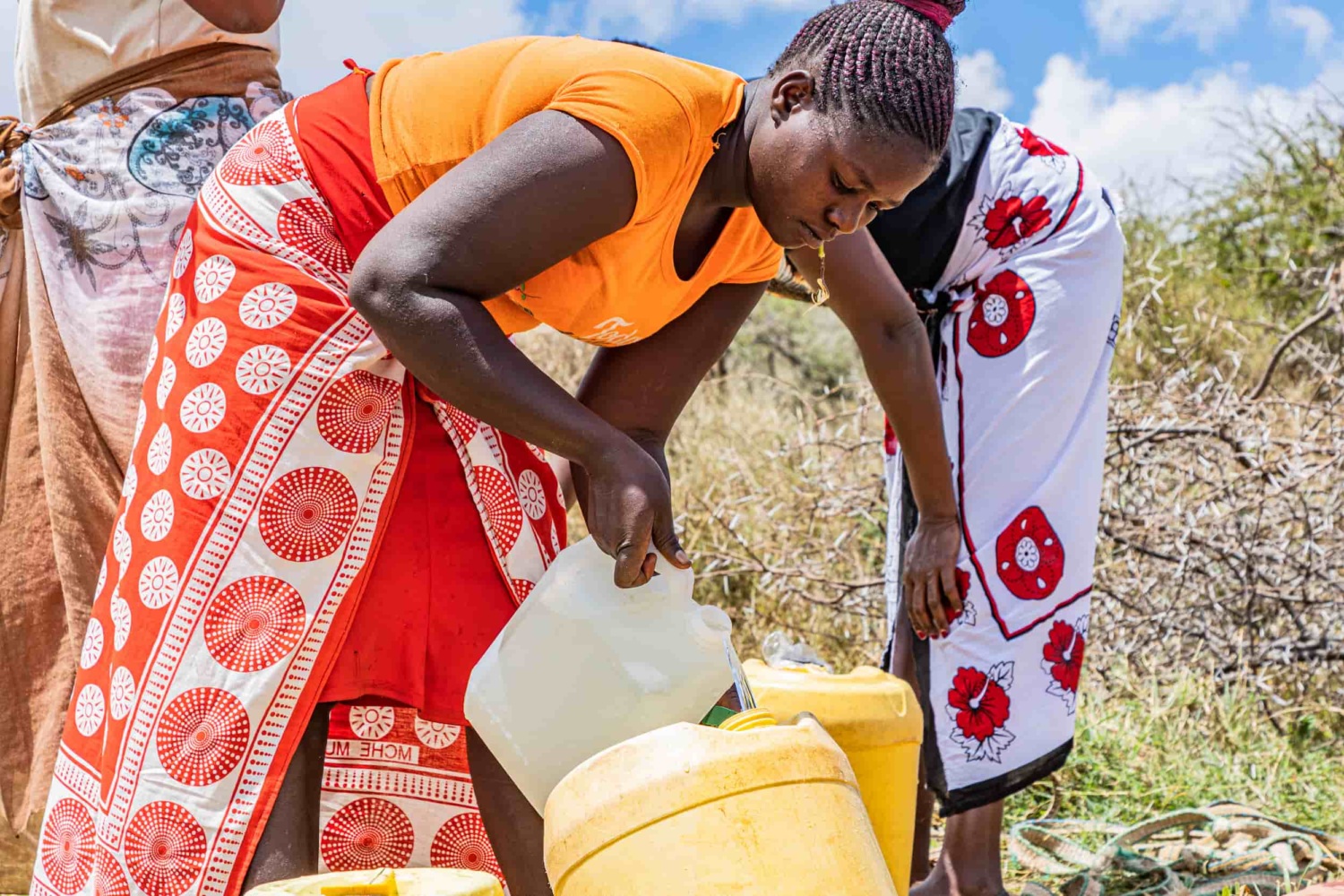
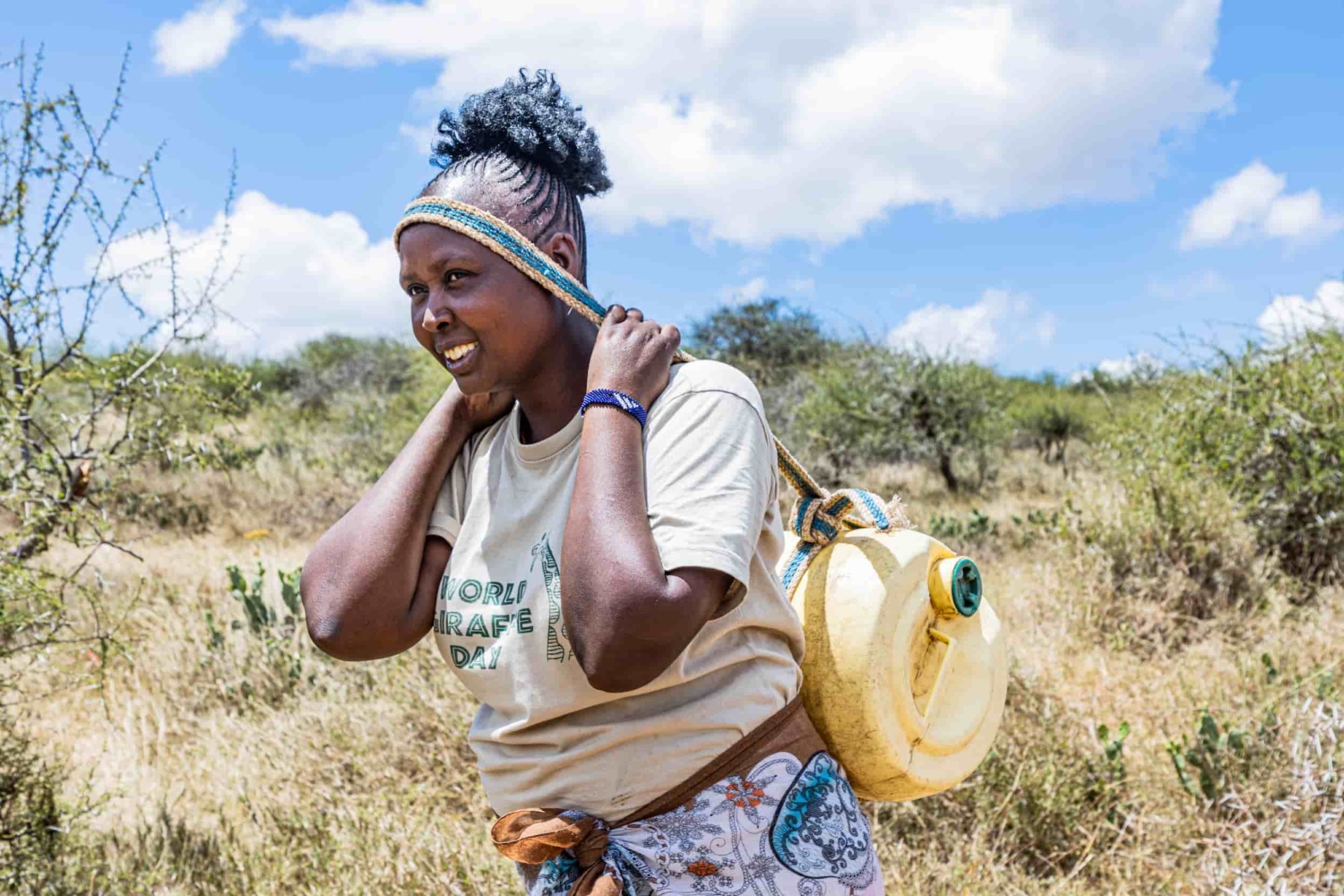
The work of our partners in Kenya ensures sustainable water use, enabling both ecosystems and communities to thrive.
Thanks to IMPACT’s ongoing efforts, Local Water Resource User Associations (WRUAs) manage these vital resources.
IMPACT is bridging the gap between Indigenous communities and government policies, equipping WRUAs through governance, fundraising, and technical support to ensure sustainable water management practices that benefit both communities and the environment.
Since 2008, IMPACT has supported sustainable water management across key catchment areas.
Today, over 4,000 sq. km of the catchment area is managed by WRUAs, nine of which are supported by IMPACT.
Of these, seven are in alarm status due to water-related challenges, including scarcity, pollution, and encroachment.
With your support, our partners will be able to ensure greater water access to water for pastoralists and their livestock in areas that need it the most.
